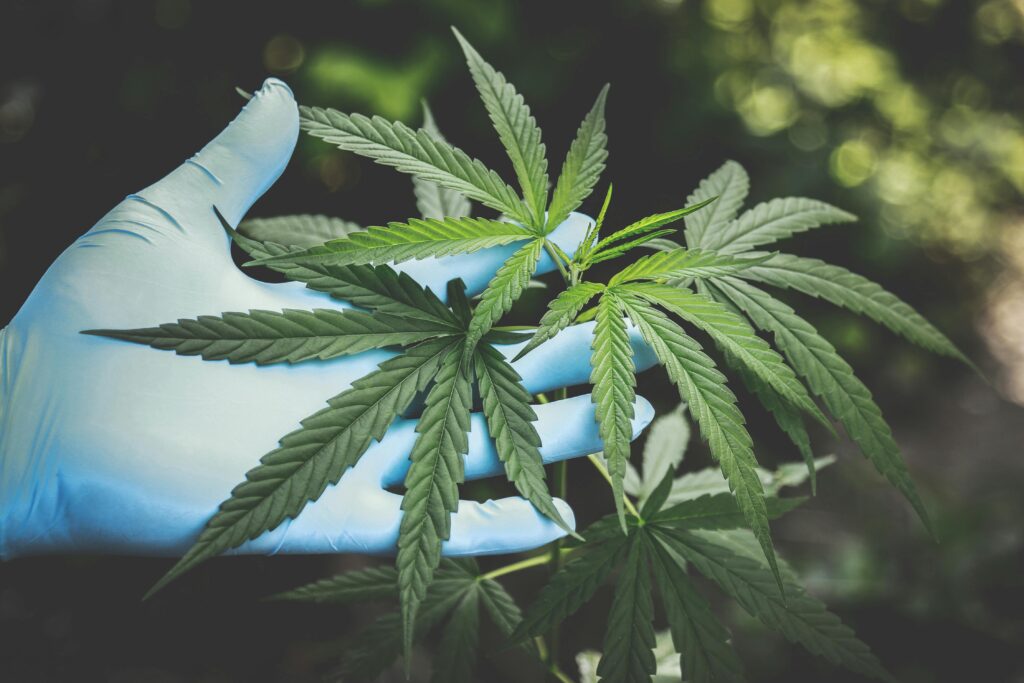Discovering Weed in Koh Kong: A Quiet Shift in Cambodia’s Coastal Province

This province, which borders Thailand and boasts pristine beaches and vast wildlife areas, has long been a peaceful retreat for nature lovers and adventurers. Despite its scenic beauty and tourism potential, Koh Kong remains relatively underdeveloped compared to Cambodia’s larger cities. As a rural area with traditional values, the community in Koh Kong tends to lean on its deep cultural ties and close-knit structures. However, like many other places in Cambodia, there is a growing, albeit discreet, curiosity surrounding cannabis (weed), despite its illegal status in the country on discover weed in Koh Kong.
Cannabis remains banned in Cambodia, and the government continues to enforce strict laws against its use, possession, and trafficking. However, global conversations about the medicinal and recreational use of cannabis are slowly reaching Cambodia, including in rural provinces like Koh Kong. In this article, we explore the curiosity about cannabis in Koh Kong, the social and legal risks involved, and how global trends might eventually influence attitudes toward cannabis in Cambodia on discover weed in Koh Kong.
Global Trends Influencing Cannabis Perception on discover weed in Koh Kong
In recent years, the global perception of cannabis has shifted significantly. What was once viewed primarily as an illegal and harmful substance is now recognized in many parts of the world for its medicinal properties. Countries such as Canada, Uruguay, and several U.S. states have legalized cannabis for medical and recreational purposes, thanks to its proven benefits in treating conditions such as chronic pain, anxiety, depression, and insomnia on discover weed in Koh Kong.
As the global conversation about cannabis evolves, people are beginning to understand it as more than just a recreational drug. Its therapeutic applications have opened up new possibilities for treatment, especially for those seeking alternative methods to manage physical and mental health. While Cambodia remains resistant to cannabis legalization, the information about cannabis’s potential health benefits is trickling into places like Koh Kong, where people are beginning to explore its uses more openly, albeit privately.
Cannabis in Koh Kong: A Quiet Curiosity
The Cambodian government has a zero-tolerance policy on drugs, and this extends to cannabis, which is classified alongside other illicit substances.
However, despite the legal risks, there is a growing curiosity about cannabis, particularly among younger people in Koh Kong. With the increasing availability of information through the internet and social media, locals are becoming more aware of the global discussions surrounding cannabis.
Though cannabis remains a sensitive topic, particularly in a rural area like Koh Kong, the younger generation is more open to exploring the idea of cannabis as an alternative treatment. Some individuals may experiment with it privately or have heard of others using cannabis for medicinal purposes. Still, the conversation remains relatively quiet, as fear of legal repercussions and social stigmas prevents open discussions.
The Legal and Social Risks
The legal risks of using cannabis in Koh Kong are significant. Cambodia enforces strict drug laws, and any association with cannabis can result in severe consequences, including imprisonment and substantial fines.
These risks make it difficult for residents in Koh Kong to engage in open conversations or explore cannabis freely. The fear of legal consequences and social rejection keeps cannabis use largely hidden and private, preventing many people from expressing curiosity or seeking information about it without caution.
The Possibility of Change
Despite the challenges, the growing global movement toward cannabis acceptance may eventually influence Cambodia’s stance on the drug. As more research emerges supporting the medicinal benefits of cannabis, it’s possible that the Cambodian government could reconsider its position on cannabis, especially for medical use. In rural areas like Koh Kong, where access to healthcare can be limited, cannabis could offer an alternative treatment for people suffering from chronic pain or mental health conditions.
However, a shift in Cambodia’s drug laws may take time. The country has long enforced strict drug policies, and it remains uncertain when, or if, cannabis will be legalized or decriminalized. For now, the conversation around cannabis will likely remain quiet and largely out of the public eye.
Conclusion
Cannabis in Koh Kong, as in the rest of Cambodia, remains an illegal and heavily stigmatized substance. The risks associated with its use and the fear of legal and social consequences keep the topic largely hidden. However, the growing global awareness of cannabis’s medicinal benefits is beginning to influence attitudes, even in rural provinces like Koh Kong. While it’s unlikely that significant legal change will occur in the near future, the curiosity surrounding cannabis continues to quietly grow. As more people become aware of its potential, the conversation may shift, leading to a future where cannabis is viewed in a more open and informed light. Until then, cannabis remains a subject of cautious interest in Koh Kong.
I have used Jay ( greenleafemporium1@gmail.com ) at least 3-4 times and every time it has been top notch. He is the best local plug you can find around. He is very pleasant, friendly and fast. He is a lifesaver.
He sells top shelf WEED and other stuffs at moderate prices. I will always recommend this guy when people ask me my ” go-to”. All you have to do is follow his instructions.
Just send him an email and I bet you will come back for more once you finish what you bought because the quality is incredible.
You can find him on telegram by clicking:https://t.me/Greenleafemporium1
“I noticed a huge reduction in my anxiety after using their products highly recommended .”
Great service, easy to work with and I’m very satisfied. I’m so happy I found JAY here. He is super responsive, on time and the quality of weed he sells are serious on point and top notch.